
Ever since major network hits like ‘Yellowstone’ wrapped up, viewers across the globe have been on an intense quest to discover the next big series that can genuinely fill that void. The streaming landscape has become a fertile ground for new stories, promising endless possibilities and a seemingly bottomless well of captivating dramas, comedies, and thrillers designed to keep us glued to our screens. It’s an exciting time to be a TV fan, with a constant flow of fresh content vying for our attention and promising to be our next obsession.
Yet, beneath this vibrant surface lies a harsher reality, a brutal truth that many viewers have come to intimately understand: the era of peak TV, while offering an abundance of choice, is also characterized by a ruthless cycle of cancellations. Shows that seem to have all the ingredients for success—critical acclaim, passionate fanbases, even strong initial viewership numbers—can find themselves unceremoniously axed after just a single season. This trend is particularly pronounced on platforms like Netflix, which has become infamous for its swift decisions, often leaving loyal audiences reeling and demanding answers.
So, why does this happen? What makes a seemingly promising show, one that captures the imagination and even lands in global top 10 lists, suddenly disappear from our queues forever? We’re diving deep into the intriguing, and often frustrating, world of Netflix’s one-season wonders, exploring the reasons behind these abrupt endings, and discovering just how much has changed in the cutthroat streaming game. Prepare to have your perceptions challenged as we peel back the layers on these shocking cancellations.

1. **Territory**:
When ‘Territory,’ an Australian neo-Western, hit Netflix on October 24, 2024, it immediately drew comparisons to the beloved ‘Yellowstone,’ sparking excitement among viewers eager for a similar narrative. The show quickly resonated with audiences, indicating a strong potential to become the next breakout hit and fill that much-desired void for sweeping, dramatic sagas. Its arrival was met with anticipation, especially from those who appreciate a good family dynasty plotline.
Despite its promising start and clear similarities to a wildly popular genre, Netflix delivered a bombshell, canceling the drama after just a single, six-episode season. This move left many baffled, especially considering the series managed to rank within Netflix’s Global Top 10 English TV shows during its first week of launch. It garnered an impressive 6.4 million views in just the first four days of screening, according to ScreenGeek, a figure that would typically suggest success.
Netflix’s director of content for ANZ, Que Min Luu, expressed gratitude, stating, “We are incredibly thankful to have had the chance to work with the wonderful cast and production team to bring Territory and the stunning Australian outback into the homes of millions around the world.” However, the reason for the cancellation remained vague, with some reports merely suggesting “production timing and Netflix scheduling issues.” This ambiguity only fueled fan frustration, particularly since the first season concluded on a tantalizing cliffhanger, leaving many demanding a second season that will now never arrive.
Read more about: A Costly Lesson Learned: 15 New Cars Buyers Would “Unbuy” to Escape Terrible Fuel Economy

2. **The Brothers Sun**:
This action-comedy series, starring Michelle Yeoh, was one of Netflix’s significant releases, aiming to blend humor with high-stakes drama. It quickly found its way onto Netflix’s Top 10 lists, indicating a respectable level of viewership and initial engagement from subscribers. Such visibility often signals a show’s potential for longevity on the platform.
The series was part of a larger trend of single-season streaming cancellations that impacted numerous platforms in 2024. Despite its strong performance, ranking as the 28th most-watched TV title on Netflix in the first half of 2024, with 23.9 million views and 175.6 million total viewing hours, ‘The Brothers Sun’ ultimately fell victim to the streamer’s rigorous internal metrics. Its presence in the top tiers of Netflix’s engagement report would, in previous eras, almost guarantee a renewal.
However, in today’s evolving streaming landscape, viewership alone is often not enough. Streamers are increasingly focused on factors like retention rates, subscriber acquisition, and a show’s cost-to-benefit ratio. While ‘The Brothers Sun’ clearly captivated a significant audience, it seems it didn’t meet the unspoken, perhaps ever-shifting, bar set by Netflix’s shareholders for renewal, making its cancellation a stark reminder of the new realities of the industry.
Read more about: A Melancholy Note: Reflecting on the Enduring Legacies of 15 Jazz Legends We Lost in 2024-2025
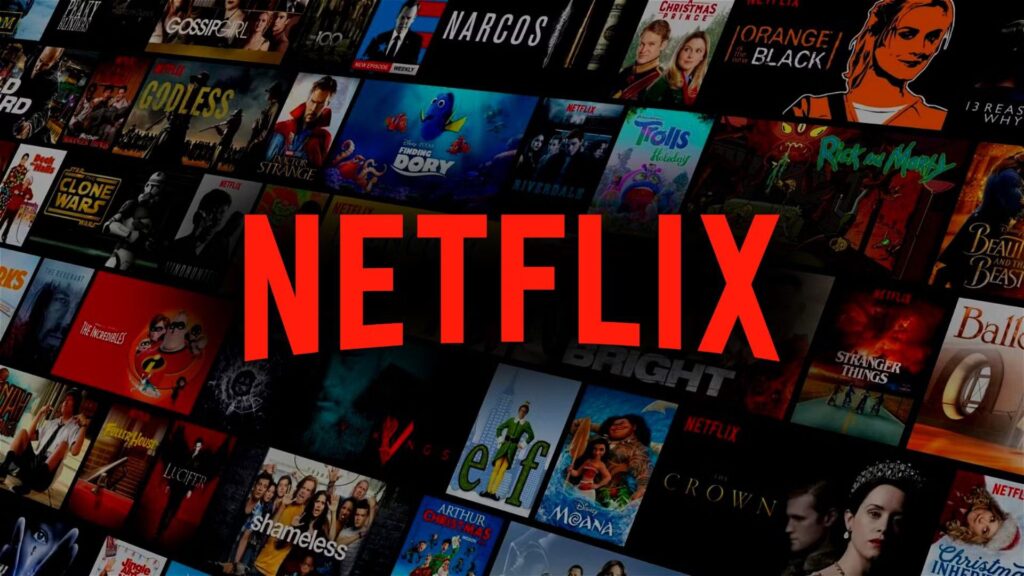
3. **Obliterated**:
Touting itself as a high-octane action-comedy, ‘Obliterated’ launched on Netflix with significant fanfare, aiming to provide viewers with an explosive, binge-worthy experience. The show successfully captivated audiences initially, making a noticeable splash in the crowded streaming market shortly after its release. Its premise, combined with its genre appeal, positioned it as a strong contender for a sustained run.
Indeed, ‘Obliterated’ achieved a respectable ranking on Netflix’s Global Top 10 lists and even landed in Nielsen’s Top 10 lists during its run, which is often considered a benchmark for success in the streaming world. The series ranked 89th on Netflix’s engagement report for the first half of 2024, securing 13.3 million views and accumulating 90.7 million total viewing hours. These numbers demonstrate a significant reach and engagement among subscribers.
Despite these seemingly positive metrics, ‘Obliterated’ joined the growing list of shows canceled after just one season. This decision highlights a crucial aspect of Netflix’s strategy: while viewership is important, it’s not the sole determinant. The platform’s internal data, which remains largely opaque to the public, likely indicated that ‘Obliterated’ didn’t achieve the necessary subscriber retention or cost-effectiveness to justify a second season, despite its initial popularity.
Read more about: Hollywood’s Most Audacious Crashes: The Jaw-Dropping Costs of Wrecking 14 Legendary Cars in Film History

4. **Dead Boy Detectives**:
Emerging from the DC Comics universe, ‘Dead Boy Detectives’ brought a unique blend of supernatural mystery and youthful charm to Netflix. The series quickly attracted a dedicated fanbase, drawn to its intriguing characters and compelling storyline. Its connection to established comic book lore offered a built-in audience, promising a strong performance on the platform.
The show managed to make an impression on viewers, landing within Netflix’s Top 10 lists and showcasing a significant level of engagement. In the first half of 2024, ‘Dead Boy Detectives’ ranked 99th on Netflix’s engagement report, accumulating 12.6 million total views and 91.3 million viewing hours. These figures suggest that the series found a substantial audience, who dedicated considerable time to watching its inaugural season.
However, much like its counterparts, ‘Dead Boy Detectives’ was ultimately canceled after only one season, demonstrating Netflix’s increasingly stringent renewal criteria. The platform’s commitment to churning out new content, a phenomenon critics refer to as “shiny object syndrome,” means that even well-received shows with solid viewership can be deemed expendable if they don’t hit the elusive, multi-faceted targets required for a renewal. The cancellation left fans clamoring for more of its distinctive blend of horror and heartfelt storytelling.
Read more about: Lights, Camera, Action! Your Vote Counts: Unveiling the World’s Most Famous Actors & Actresses

5. **Lockwood & Co.**:
This British supernatural detective series offered a fresh take on ghost hunting, combining thrilling mysteries with engaging young protagonists. Upon its release, ‘Lockwood & Co.’ quickly garnered positive reviews from both critics and audiences, who praised its intricate plotlines and compelling performances. Its distinct genre appeal and high production values made it a standout entry in Netflix’s original content library.
The show established a dedicated following, with many viewers finding themselves deeply invested in the adventures of its trio of psychic investigators. Despite the favorable feedback and evident appreciation from its audience, ‘Lockwood & Co.’ was abruptly canceled after just one season. This decision was met with widespread disappointment, highlighting a recurring pattern with the streaming giant.
Professor Andy Rice noted that Netflix often reserves its full commitment for shows that become subscription drivers, like ‘Stranger Things,’ stating, “‘Stranger Things’ is a reason people subscribed. There’s not many shows like that.” This suggests that even a critically acclaimed and fan-favorite series like ‘Lockwood & Co.’ might not be enough to move the needle significantly in terms of new subscriptions or overall platform dominance, making it vulnerable to the axe despite its quality.
Read more about: Why the U.S. Navy’s Fastest Ship Can’t Hunt Submarines: An In-Depth Look at ASW’s Enduring Technical Hurdles
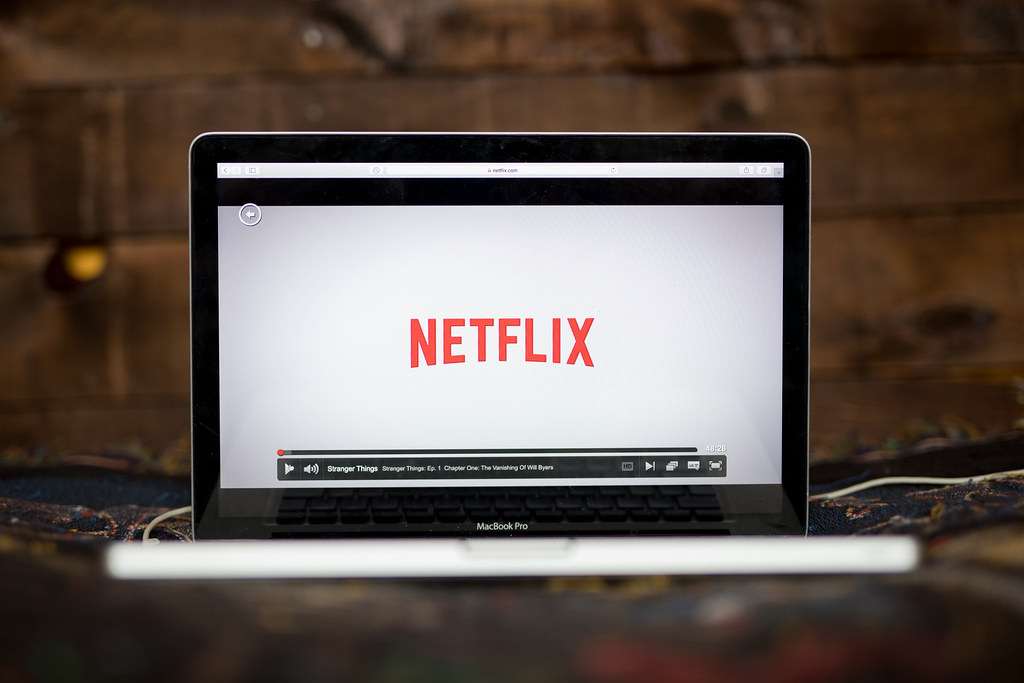
6. **The Society**:
‘The Society’ presented a gripping mystery centered around a group of teenagers who return from a trip to find their town completely deserted, forcing them to build their own society. The show quickly captivated viewers with its intriguing premise and exploration of complex social dynamics. It received positive reviews from both critics and audiences, who were drawn into its suspenseful narrative and thought-provoking themes.
The series generated significant buzz and cultivated a strong, enthusiastic fanbase that eagerly awaited news of a second season. Its compelling storyline and ensemble cast made it a highly discussed topic across social media platforms. The show’s potential for continued storytelling and its ability to engage a younger demographic seemed like a perfect fit for Netflix’s diverse catalog.
However, despite its critical and popular success, ‘The Society’ was canceled after only one season. This decision deeply frustrated its fans, who felt the show had immense potential that was cut short. Its premature ending underscored the challenges faced by many Netflix originals: even with positive reception, the opaque internal metrics for renewal often mean that a show’s fate is sealed behind closed doors, leaving audiences to wonder what could have been.
Read more about: The Shadow Rises: 14 Unexpected Lives That Shocked Everyone

7. **The Recruit**:
A spy thriller starring Noah Centineo, ‘The Recruit’ injected a fresh dose of adrenaline and humor into the espionage genre on Netflix. The series quickly found an audience eager for its blend of international intrigue and charismatic performances. It offered a modern take on the spy narrative, positioning itself as a compelling new option for viewers seeking high-stakes entertainment.
The show’s debut was met with a generally positive reception, particularly from fans of the thriller genre and those who appreciate a fast-paced, engaging plot. Its presence contributed to Netflix’s diverse array of thriller and horror offerings, suggesting a strategic fit within the platform’s broader content strategy. Many viewers felt it brought a unique energy and a solid narrative foundation that could be built upon.
Yet, despite this favorable feedback from fans and commentators, ‘The Recruit’ was ultimately not given the same opportunity to flourish on the platform as some of Netflix’s juggernaut titles. The context implies it, along with similar shows like ‘The Order’ and ‘1899,’ faced an early termination, unable to meet the platform’s high expectations for subscriber-driving success. Its cancellation exemplifies how Netflix’s focus on income and shareholder expectations often overrides critical and popular acclaim for shows that don’t become massive, global phenomena.
Beyond the individual heartbreak of a favorite show vanishing, there’s a much larger, intricate web of factors at play within Netflix’s strategy that dictates which series survive and which face the axe. It’s a complex dance of data, subscriber acquisition, retention, and the relentless pursuit of the next global phenomenon. This isn’t just about a show failing to find its audience; it’s about a systemic shift in how streaming giants operate, a phenomenon that has left many viewers and creators alike scratching their heads. The truth is, the era of streaming has brought with it a whole new set of rules, often unwritten and opaque.
We’re now diving into the deeper, often hidden, reasons behind Netflix’s swift cancellations, exploring how the streaming ecosystem itself creates an environment where even critically acclaimed or popular shows can become casualties. From the infamous ‘shiny object syndrome’ to the harsh realities of content costs and subscriber demands, the streaming giant’s approach is a stark contrast to the patient development once afforded by traditional linear television. Prepare to uncover the broader forces shaping the fate of your binge-watching future.
Read more about: OMG, You Guys! These Are the ABSOLUTE Best Movies from TIFF 2025 That Blew Our Minds!

8. **Pulse**
Netflix attempted to broaden its genre horizons with ‘Pulse,’ a high-stakes medical drama set within the bustling Maguire Hospital trauma center in Miami. Starring Willa Fitzgerald and Colin Woodell, among others, the series was designed to appeal to audiences craving high-concept storytelling within the familiar, yet ever-popular, medical drama format. It aimed to inject fresh energy into a genre well-loved by viewers.
Upon its release, ‘Pulse’ quickly found its footing, peaking at an impressive No. 3 on Netflix’s Global Top 10 chart. Over its limited four-week run on the charts, it garnered 8.5 million views, a figure that, in many contexts, would signal a healthy performance. However, these seemingly robust numbers ultimately proved to be just shy of Netflix’s elusive threshold for renewal, especially when compared to a show like ‘Ransom Canyon,’ which logged 9.4 million views and secured a second season.
Adding another layer of complexity to its cancellation, ‘Pulse’ delved into heavy themes like workplace harassment. While impactful, these subjects may have been challenging for viewers seeking pure escapism in their binge-watching habits. Furthermore, its release coincided with the penultimate episode of ‘The Pitt,’ potentially impacting its visibility in a crowded content landscape. These nuanced factors, combined with viewership, paint a clearer picture of its ultimate fate.
Ultimately, ‘Pulse’ fell victim to Netflix’s stringent internal metrics, which extend far beyond raw viewership. The streaming giant’s decisions are firmly rooted in data, scrutinizing factors like ‘engagement per dollar,’ ‘retention rate,’ and ‘repeat viewing likelihood.’ Despite its strong performance in the Global Top 10, the show’s budget, when weighed against these specific internal benchmarks, simply didn’t meet Netflix’s strict return on investment (ROI) standards.
Read more about: The Echoes of Giants: How Enduring Literature Navigates a Fragmented World and a Shifting Cultural Landscape

9. **The Residence**
Another high-profile casualty in Netflix’s 2024 cancellation spree was ‘The Residence,’ a series that came with significant prestige, backed by the formidable Shondaland banner. Inspired by a bestselling book from Kate Andersen Brower, this soapy whodunit was set within the opulent and politically charged confines of the White House, featuring an energetic ensemble cast that included Uzo Aduba, Randall Park, Giancarlo Esposito, and Susan Kelechi Watson.
‘The Residence’ wasn’t just a captivating mystery; it was an extraordinarily ambitious and costly production. To recreate the iconic setting, the show was filmed across seven stages, involving one of the most intricate and extravagant White House sets ever attempted. This monumental undertaking included the installation of ten miles of molding and an astounding 144,000 pounds of flooring, as reported by Deadline, reflecting a colossal investment in its production values.
Despite its pedigree and lavish production, ‘The Residence’ also found itself on the chopping block after a single season. The series reached No. 2 on Netflix’s Global Top 10 chart with 8.8 million views, an impressive feat that would typically suggest success. However, even securing such a high spot wasn’t enough to justify the exponential production costs in Netflix’s eyes, especially when juxtaposed against the platform’s rigorous cost-to-benefit analysis.
This decision further highlights Netflix’s strategic shift towards prioritizing content that either drives massive new subscriptions or achieves cultural phenomenon status. While ‘The Residence’ performed well, its impact was arguably overshadowed by other ‘cultural juggernauts’ like ‘Adolescence,’ which monopolized ratings, viewership, and audience conversation at the time. This suggests that for Netflix, a show must not just perform, but perform extraordinarily, to secure its longevity.
Read more about: The Shadow Rises: 14 Unexpected Lives That Shocked Everyone
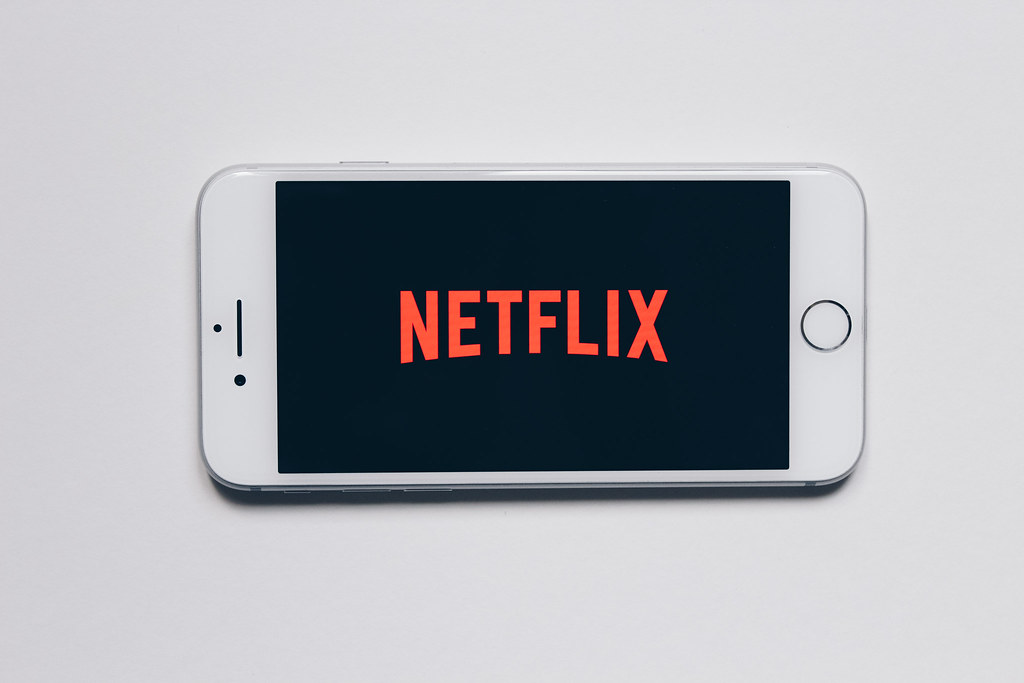
10. **The Order**
For fans of supernatural thrills and compelling ensemble casts, ‘The Order’ was a captivating addition to Netflix’s burgeoning horror and thriller genres. The series, much like ‘The Recruit’ and ‘1899,’ offered a unique blend of dark fantasy and engaging narrative, quickly attracting a dedicated following. Its intriguing premise promised a fresh take on magical societies and hidden secrets.
Initial feedback from both viewers and critics was favorable, with many appreciating the show’s creativity and the performances of its cast. Such positive reception often fuels anticipation for future seasons, indicating a show that has successfully resonated with its intended audience and built a foundation for continued storytelling.
However, despite this encouraging reception and its clear potential, ‘The Order’ ultimately met the same fate as many other promising Netflix originals, ending after just one season. It underscores a prevailing sentiment within the streaming giant: a show needs to achieve a certain, almost mythical, level of success—often likened to ‘Stranger Things’—to truly flourish and expand its audience on the platform. If it doesn’t become a massive, undeniable hit, its chances for renewal dwindle significantly.
Read more about: From Austrian Oak to Global Statesman: An In-Depth Chronicle of Arnold Schwarzenegger’s Enduring Legacy

11. **1899**
Another entry into Netflix’s rich array of thriller and horror content was ‘1899,’ a series that garnered significant attention for its mysterious premise and intricate storytelling. Like its counterparts such as ‘The Order,’ it quickly developed a dedicated fanbase drawn to its unique blend of historical setting and mind-bending suspense, promising a truly immersive experience for viewers.
The series enjoyed favorable feedback from both fans and commentators, who praised its ambition and compelling narrative. In an era where complex, genre-bending shows are highly sought after, ‘1899’ seemed perfectly positioned to become a long-running fan favorite, particularly given the passionate community it built around its enigmatic plot.
Yet, ‘1899’ was another victim of Netflix’s increasingly selective renewal strategy, canceled after just one season. Professor Andy Rice astutely observes that only a few shows truly become ‘subscription drivers’ for Netflix, stating, “‘Stranger Things’ is a reason people subscribed. There’s not many shows like that.” This reality means that even well-received shows, if they don’t achieve that elite status, can be deemed expendable as Netflix pursues its ‘shiny object syndrome’ of constantly introducing new content.
The cancellation of ‘1899’ starkly illustrates that viewership alone, while important, is no longer the sole determinant of a show’s future. Netflix’s opaque internal data likely indicated that the series, despite its popularity, didn’t hit the multi-faceted targets required for subscriber retention or cost-effectiveness. In the competitive streaming landscape, a show needs to be a runaway hit, not just a strong performer, to secure its place.
Read more about: The Unfiltered Lens: Unmasking the Truth Behind Celebrity ‘Accidental’ Social Media Posts
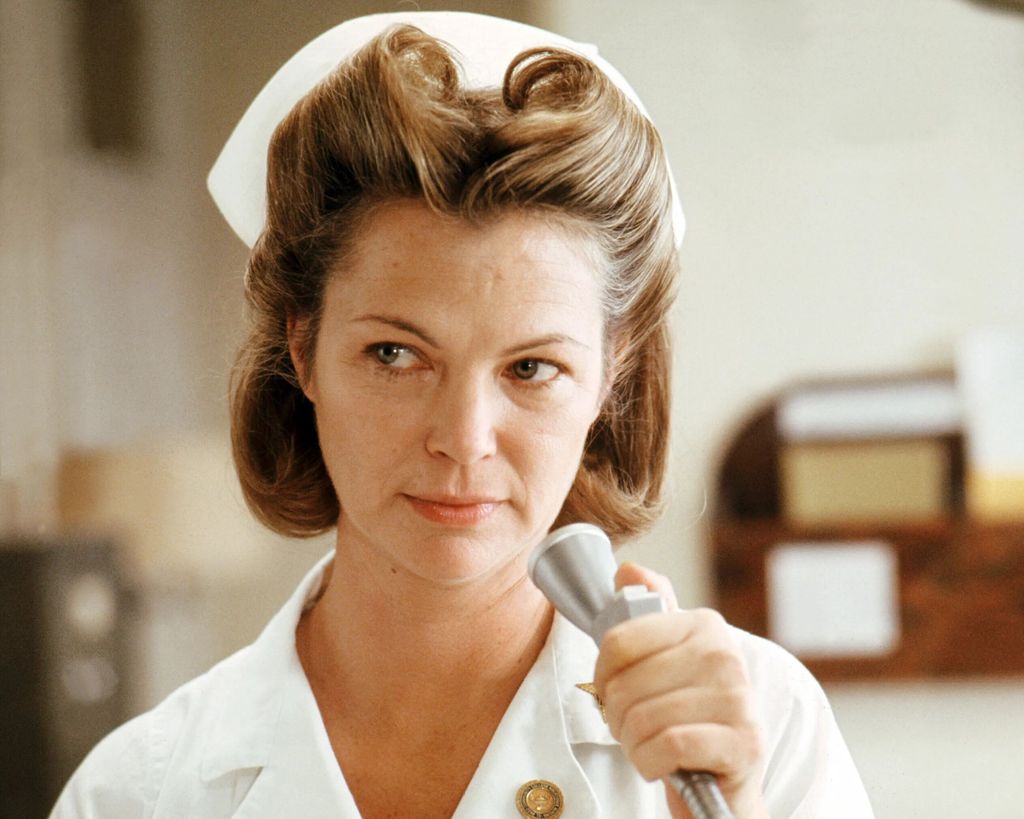
12. **Ratched**
‘Ratched,’ a psychological thriller offering a compelling origin story for the infamous Nurse Ratched, arrived on Netflix with considerable buzz and a star-studded cast. The series quickly made an impact, not only on viewers but also on external metrics, notably landing in Nielsen’s Top 10 lists during its initial run, which is often seen as a significant benchmark for success in the streaming world.
Nielsen’s tracking, which covers 45 million households, provides a crucial, albeit sometimes criticized, measure of what content is being watched and for how long. For a Netflix show to appear on these industry-standard lists suggests it garnered substantial attention and viewing hours from a broad audience, indicating a successful launch and strong engagement.
However, even this widely recognized indicator of popularity proved insufficient to save ‘Ratched’ from the dreaded one-season cancellation. The decision underscores how Netflix’s strategy transcends simple viewership numbers. While a show may perform well publicly, the streamer’s internal algorithms and financial models likely dictate that it didn’t meet the necessary, often unspoken, criteria for subscriber acquisition or long-term retention to justify further investment.
Read more about: 14 A-List Icons Ditching the Drama: How These Stars Are Redefining Hollywood Beauty Standards
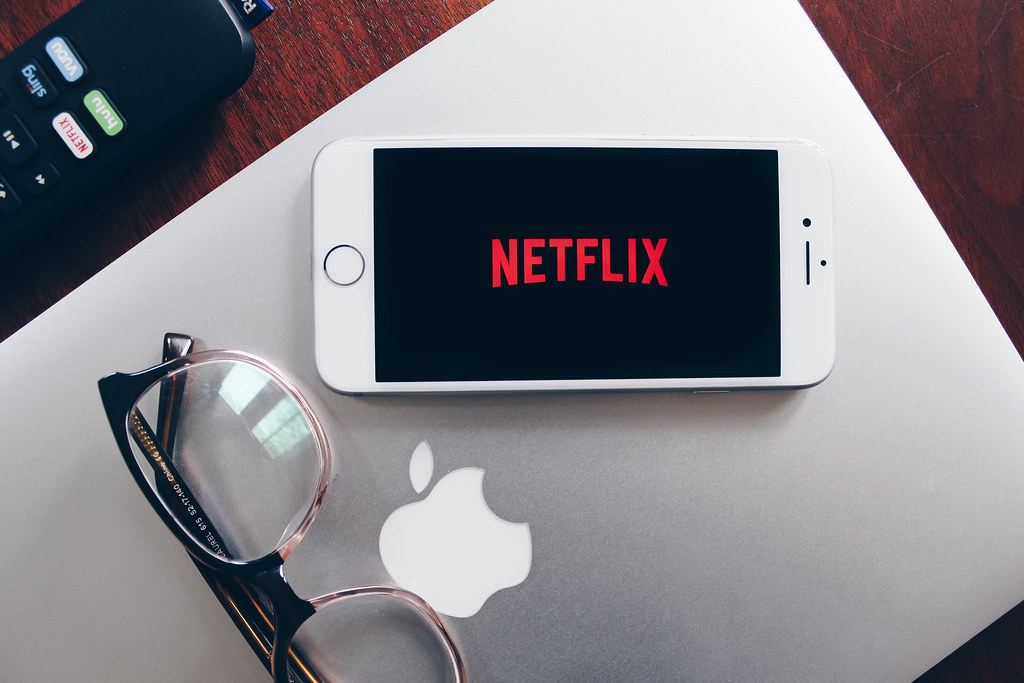
13. **Uncoupled**
Another Netflix series that seemed to have found its stride with audiences was ‘Uncoupled,’ a charming and witty romantic comedy that offered a fresh perspective on mid-life dating. Like several other canceled shows, ‘Uncoupled’ managed to break through the noise of the crowded streaming market, demonstrating its appeal by landing in Nielsen’s Top 10 lists during its time on the platform.
Its presence on Nielsen’s respected charts indicates that ‘Uncoupled’ resonated with a significant number of households, generating considerable viewing activity. This kind of external validation often gives audiences and creators hope for a show’s longevity, suggesting it has successfully carved out a niche and engaged its target demographic.
Yet, even this demonstrable success wasn’t enough to secure a second season for ‘Uncoupled.’ Its cancellation highlights the ‘belt-tightening’ and increasing scrutiny over profitability that has become prevalent in the streaming industry. As former NBC Studios president Tom Nunan noted, “Suddenly, streamers could not be nearly as generous or gracious or patient as they once were,” as Wall Street’s focus on bottom lines intensified.
The mystery surrounding Netflix’s internal metrics continues to baffle. While Nielsen and other public metrics offer a glimpse, they “only scratches the surface as it does not reveal whether viewers completed those titles’ seasons or engaged past the first episode.” This lack of transparency means that many popular shows, including ‘Uncoupled,’ might have fallen short of unseen benchmarks, sealing their fate despite outward appearances of success.
Read more about: Beyond the Bell Bottoms: Unpacking the Fates of Hollywood’s Most Iconic 1970s Stars – Where Are They Now?

14. **Kaos**
Rounding out our exploration of Netflix’s one-season cancellations is ‘Kaos,’ a unique mythological dark comedy that, despite its distinctive premise, faced the same abrupt end as many others. Much like ‘Ratched’ and ‘Uncoupled,’ ‘Kaos’ managed to achieve a significant milestone by appearing on Nielsen’s Top 10 lists during its run, indicating a respectable level of viewership and public engagement.
This placement on an industry-standard chart would, in previous eras, be a strong signal for renewal. However, in today’s cutthroat streaming environment, such public metrics often stand in stark contrast to Netflix’s internal decision-making processes. The platform’s commitment to constantly churning out new content, a phenomenon critically dubbed ‘shiny object syndrome,’ means that even well-received shows can be deemed expendable.
As Evan Shapiro, a former executive at IFC and Sundance, eloquently put it, “It is so much easier for a show to get lost in the tsunami of content right now than it ever was during the heyday of cable — even with 500 channels.” This pervasive challenge of content discovery means that even a show with merit like ‘Kaos,’ despite its initial traction, might not gather the momentum needed to justify further investment in Netflix’s ever-shifting strategic priorities.
The cancellation of ‘Kaos,’ therefore, serves as another poignant reminder of the evolving landscape. Even when shows appear to be performing well by traditional measures, they must contend with the platform’s often-opaque internal metrics and the sheer volume of competing content. It’s a harsh reality where uniqueness and initial success are no longer enough to guarantee a long-term future in the streaming world.
As we wrap up our deep dive into the perplexing world of Netflix’s one-season cancellations, it’s clear that the streaming game has fundamentally changed. The days of patient cultivation, where shows like ‘Cheers’ and ‘Seinfeld’ were given years to find their audience on linear TV, are a distant memory. Instead, we’re navigating a landscape dominated by rigorous data, financial scrutiny, and the relentless pursuit of content that doesn’t just perform, but profoundly moves the needle on subscriptions.
Read more about: Blast from the Past: 6 ’60s TV Icons Who Deserved Their Own Spin-Offs
What emerges is a picture of a streaming giant constantly calibrating its massive content engine, making tough choices that leave devoted fanbases reeling. While it allows for incredible creative risks—and yes, some truly phenomenal shows—it also breeds a sense of disposability, where even acclaimed series can vanish in the blink of an eye. The era of ‘peak TV’ may be behind us, giving way to a more calculated, perhaps even cold, approach to programming. For viewers, it means tempering expectations, cherishing every episode, and understanding that in the streaming universe, even a hit can be here today, gone tomorrow. It’s a wild ride, and the only constant is change.



